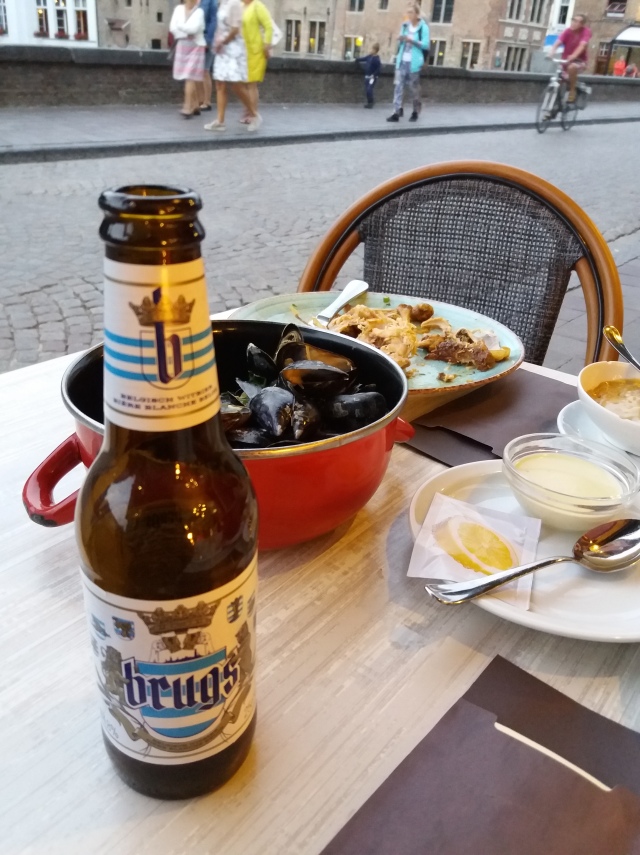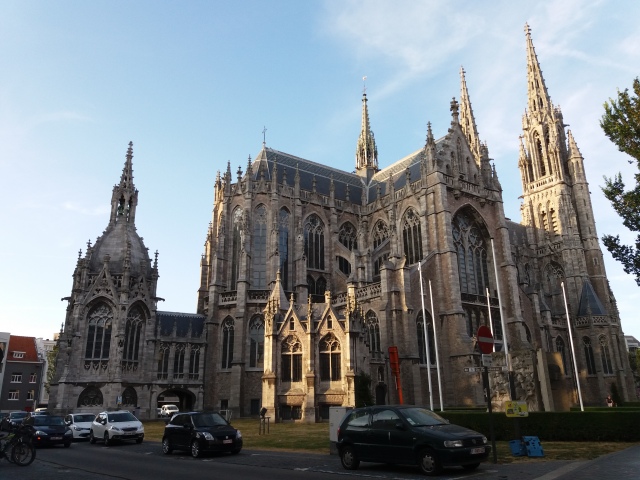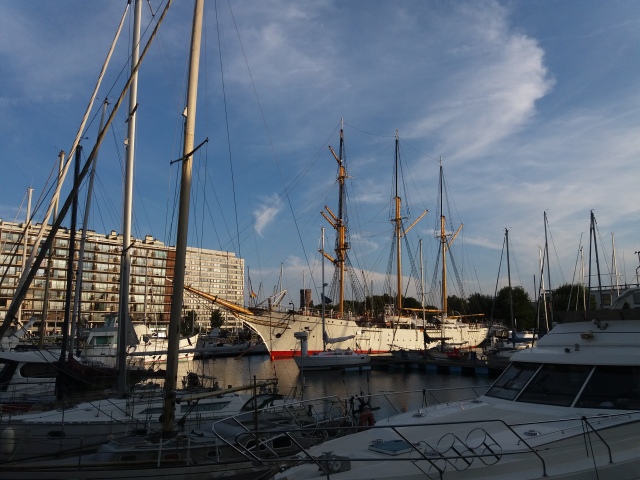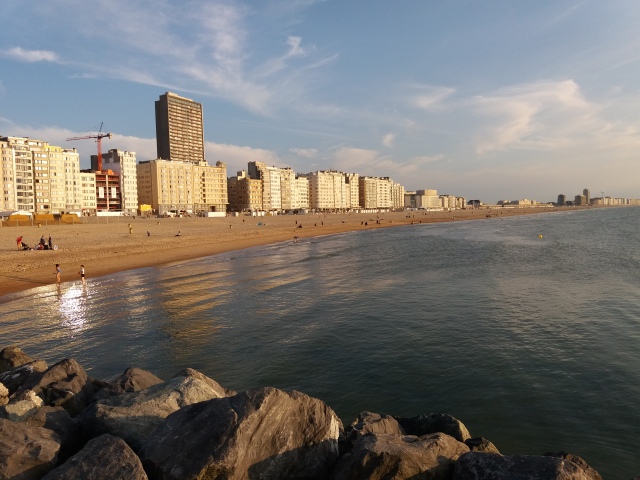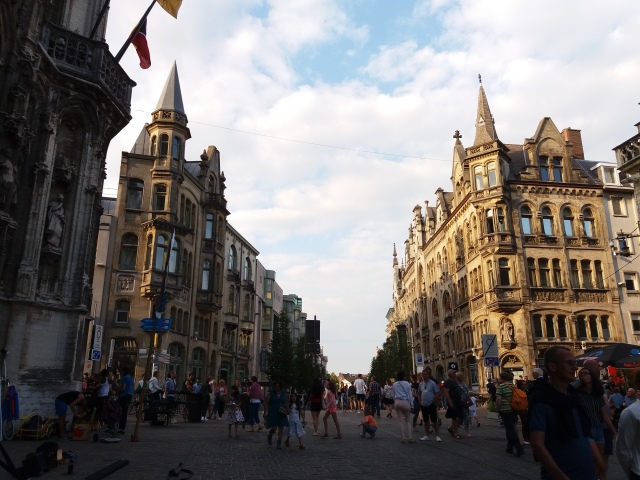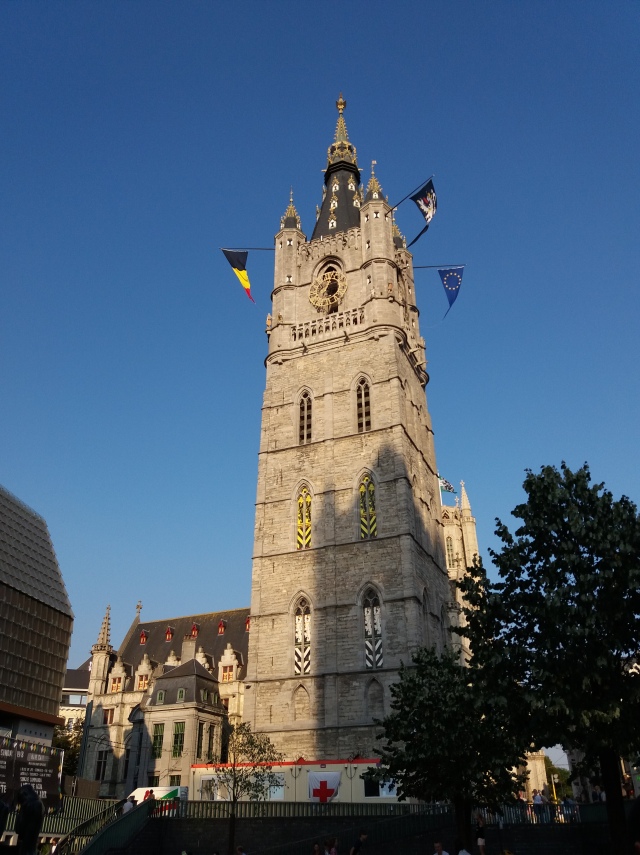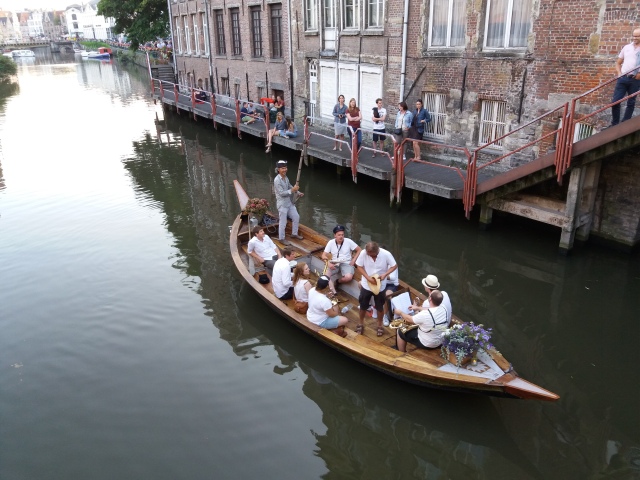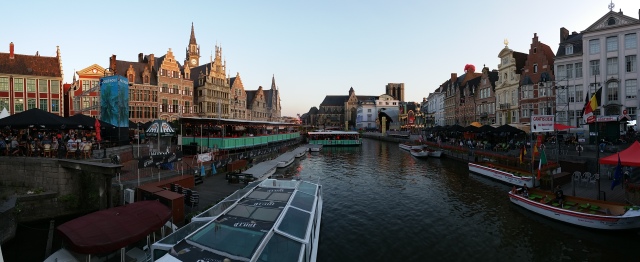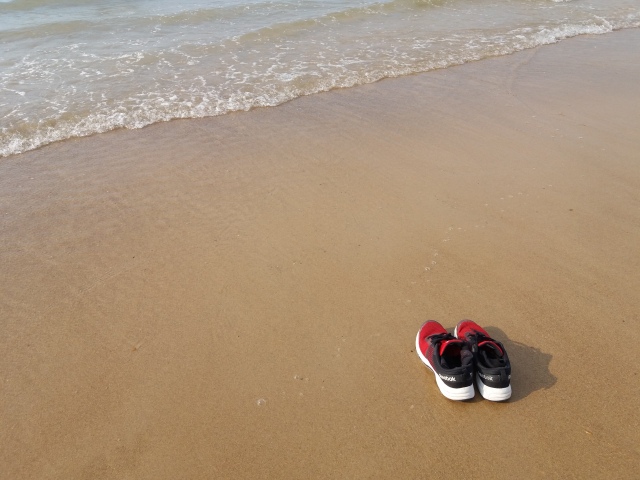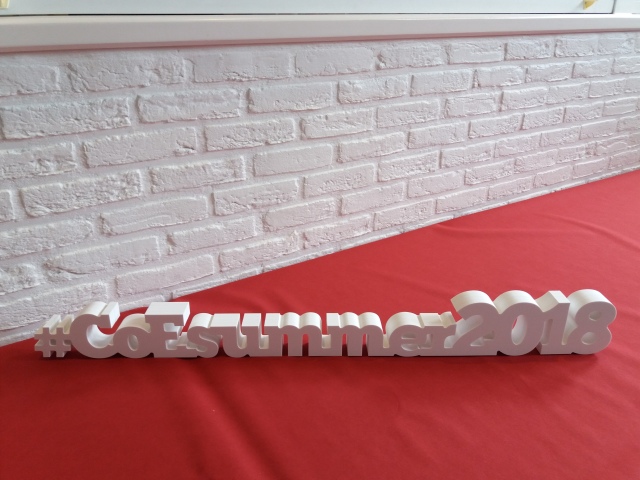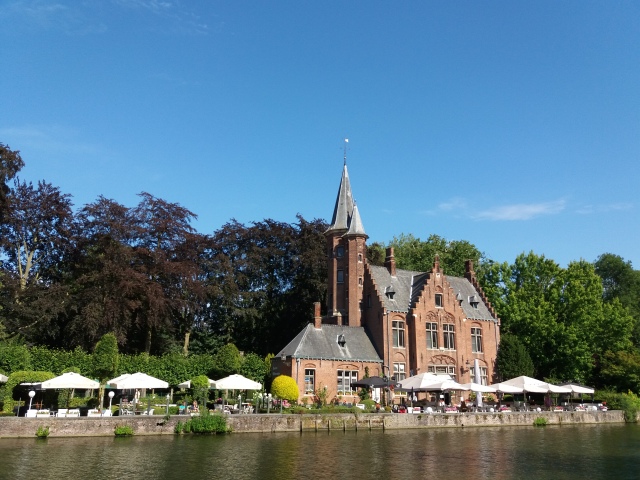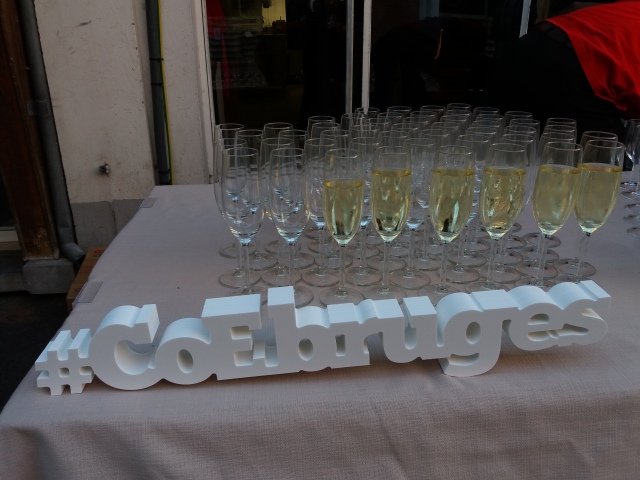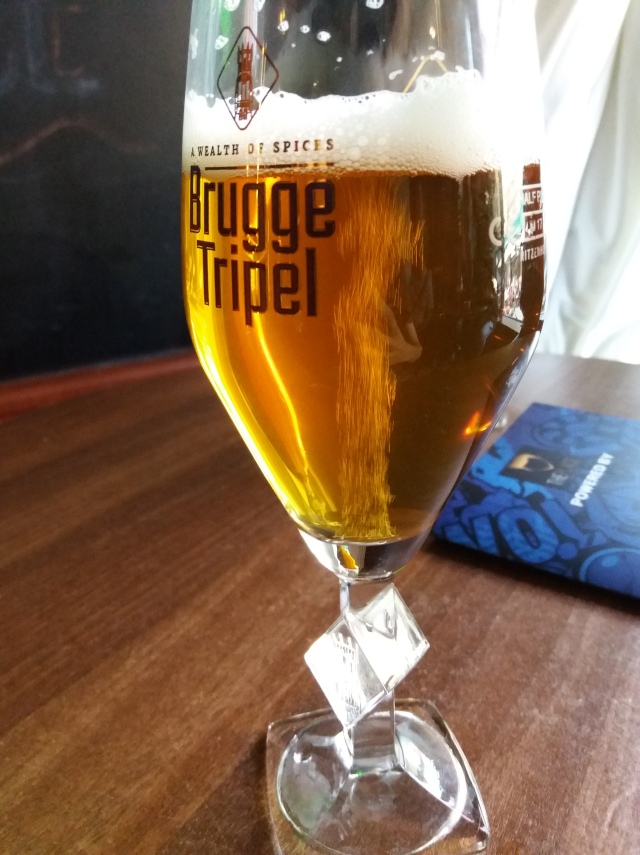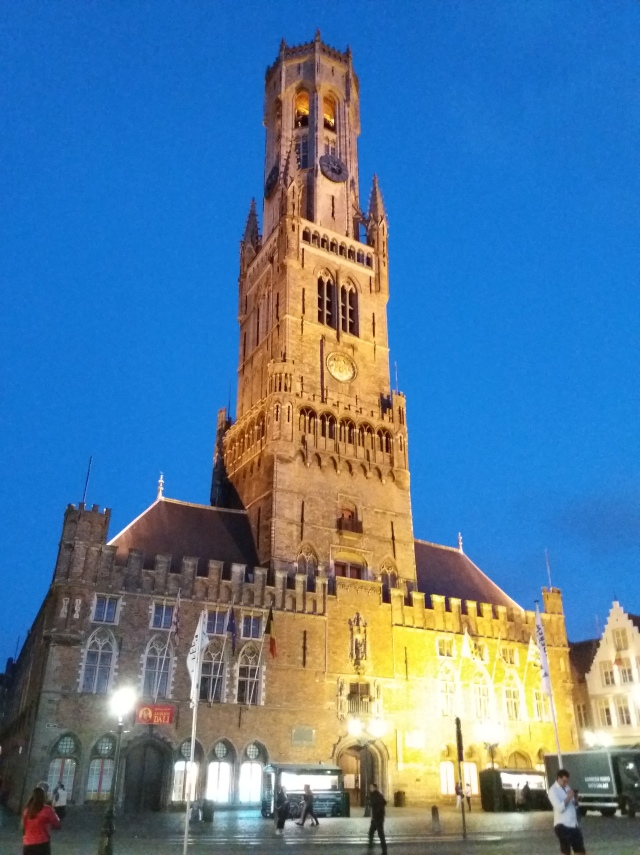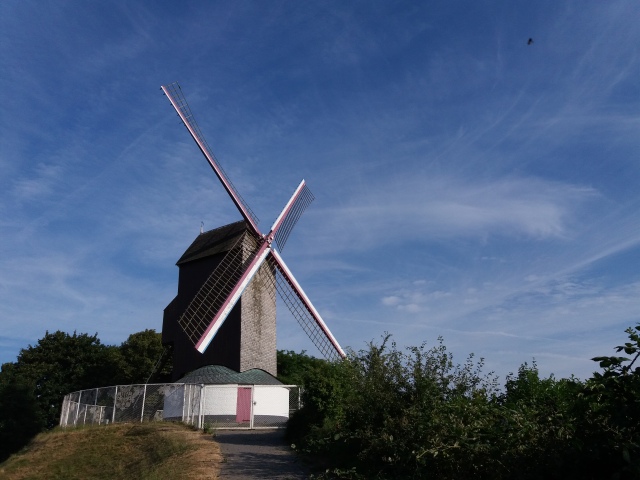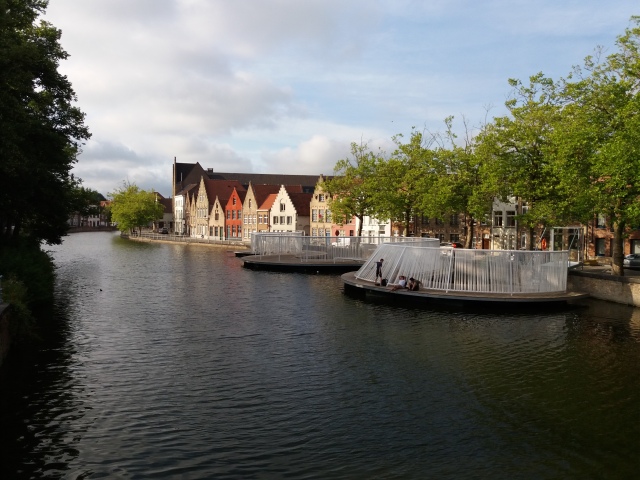Today started really early — like at a reporting time of 6.30 a.m. so that we could trot off to the bus pick-up point some ten minutes away to get to Brussels.
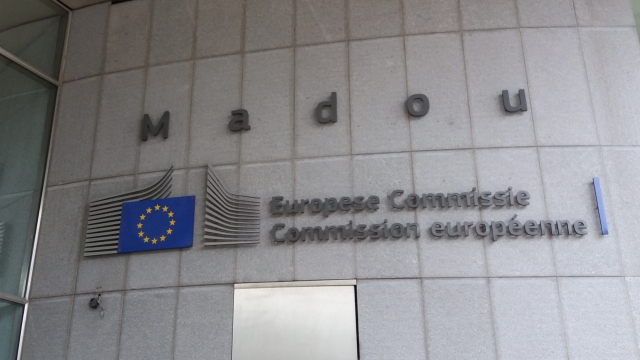
We arrived at DG Comp and packed the security screening and registration counter with black suits and noise. Like airport clearance queues, we were eventually on our way. The day’s activities mostly took place in the auditorium where we listened to lecture after lecture alongside our Asian colleagues, learning about the workings of DG Competition, the various articles, the European Competition Network as well as the workings of the EU court. I was quite lost at State Aid Control and court matters but that could be due to lack of prior exposure in these areas. Nevertheless, it was a day of exchange and questions, listening to the concerns of other authorities and learning whatever I could in the process.
Lunch at the canteen was an experience too, like entering Ikea except there were many queues for food instead of one, and some of the items were self-served. I would whether I would be able to stick to the canteen always for lunch if I worked here. Then again, I would never get to work here though one can dream.
It was a Tuesday and the bus back to Bruges from Brussels almost took forever. It was a Tuesday and the day of Belgium coming up against France in the the 2018 World Cup. I spent the first half on the bus back, then walking back to the College, and then in the canteen having dinner while trying to catch some action on a laptop at another table. Then I missed the first goal and decided I should get out to soak in whatever football atmosphere the Belgians were enveloped in.
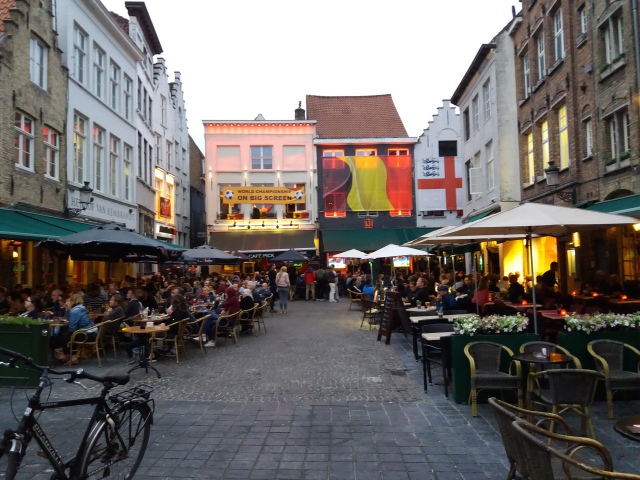
There were public screenings around and I simply stood near a public screen. I’d imagine if such an event were happening back home, the restaurant or pub owner
would make sure any viewer was paying in some manner to feast their eyes on the screen. But none of that here and I simply stood near a public screening to watch the final twenty minutes.
It’s amazing how I do not catch soccer nor follow any news of it but still feel compelled nevertheless to watch a match or two and even find myself oddly invested in my present host country’s victory. I wanted to cheer a “goal” for Belgium but alas the match ended 1-0 not in their favour. There was no unruly ending or chanting at the final whistle but perhaps an air of resignation and disappointment. And with that, I faded from fervent fan to just another passerby on his way back to his room.
School continues the next day!
